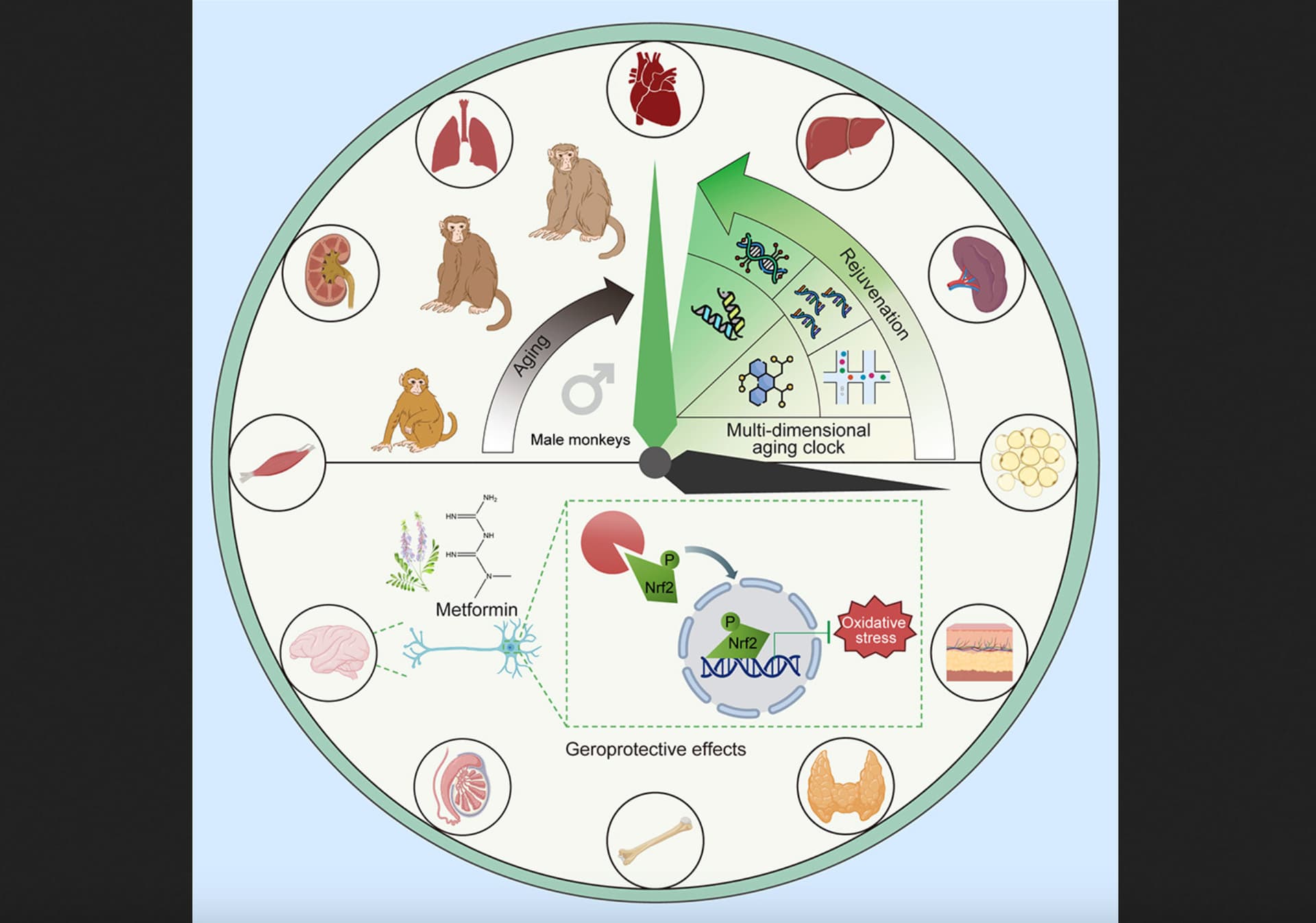The repair and regenerate abilities of our bodies gradually decreased with age. Imagine a bustling city where construction workers (stem cells) are constantly fixing and building new structures. However, with the passage of time, fewer workers show up, and the city begins to crumble. This is precisely what happens in our bodies—stem cells dwindle, making it more difficult for tissues to heal and maintain homeostasis. This decline is a hallmark of aging and a key driver of age-related diseases. For years, scientists have debated whether the decline of stem cells is the root cause of aging or merely a side effect. Meanwhile, attempts to use stem cell transplants to reverse aging have been hindered by tricky biological challenges, such as getting the cells to survive and integrate into the body without causing dangerous side effects like tumors.
In a study published in Cell on June 13, 2025, researchers from the Chinese Academy of Sciences and Capital Medical University have made a breakthrough in the fight against aging. Utilizing cutting-edge synthetic biology techniques, they reprogrammed the genetic pathways associated with longevity, creating a new type of human stem cell called senescence-resistant mesenchymal progenitor cells (SRCs). These cells are like supercharged construction workers: resistant to aging and stress, and do not turn into tumors. The more remarkable is that these cells have successfully reversed multiple signs of aging in non-human primates—our closest biological relatives. This is the first time such comprehensive rejuvenation has been achieved in a species so similar to humans through stem cell therapy.
https://www.eurekalert.org/news-releases/1088662
Senescence-resistant human mesenchymal progenitor cells counter aging in primates: Cell
Paywalled paper:
https://www.cell.com/cell/abstract/S0092-8674(25)00571-9
“Highlights
• Genetically enhanced senescence-resistant cells exhibit anti-aging effects
• These SRCs counteract systemic aging in primates
• SRCs boost cognitive and reproductive rejuvenation
• SRCs deliver geroprotection through exosomal cargoes
Summary
Aging is characterized by a deterioration of stem cell function, but the feasibility of replenishing these cells to counteract aging remains poorly defined. Our study addresses this gap by developing senescence (seno)-resistant human mesenchymal progenitor cells (SRCs), genetically fortified to enhance cellular resilience. In a 44-week trial, we intravenously delivered SRCs to aged macaques, noting a systemic reduction in aging indicators, such as cellular senescence, chronic inflammation, and tissue degeneration, without any detected adverse effects. Notably, SRC treatment enhanced brain architecture and cognitive function and alleviated the reproductive system decline. The restorative effects of SRCs are partly attributed to their exosomes, which combat cellular senescence. This study provides initial evidence that genetically modified human mesenchymal progenitors can slow primate aging, highlighting the therapeutic potential of regenerative approaches in combating age-related health decline.”
